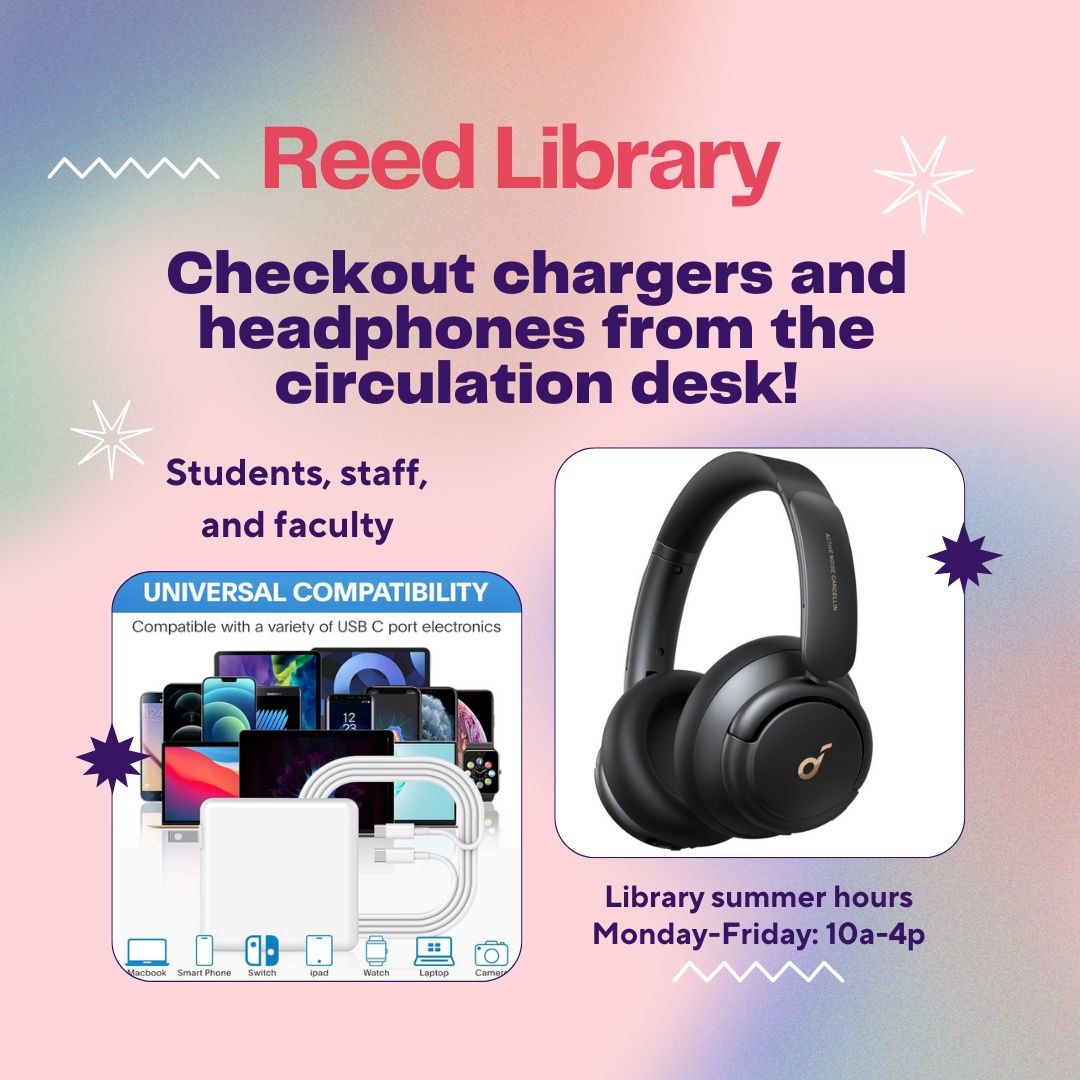Category: Announcements
-

Trial of Scopus AI Until March 16
Many of the library’s electronic resources are incorporating machine learning-based tools. Although we are not currently pursuing the adoption of any of these tools, we do want to get some hands-on experience using and comparing them. So, today, we are starting a 30-day trial of an AI tool for Scopus, our major abstract and citation…
-
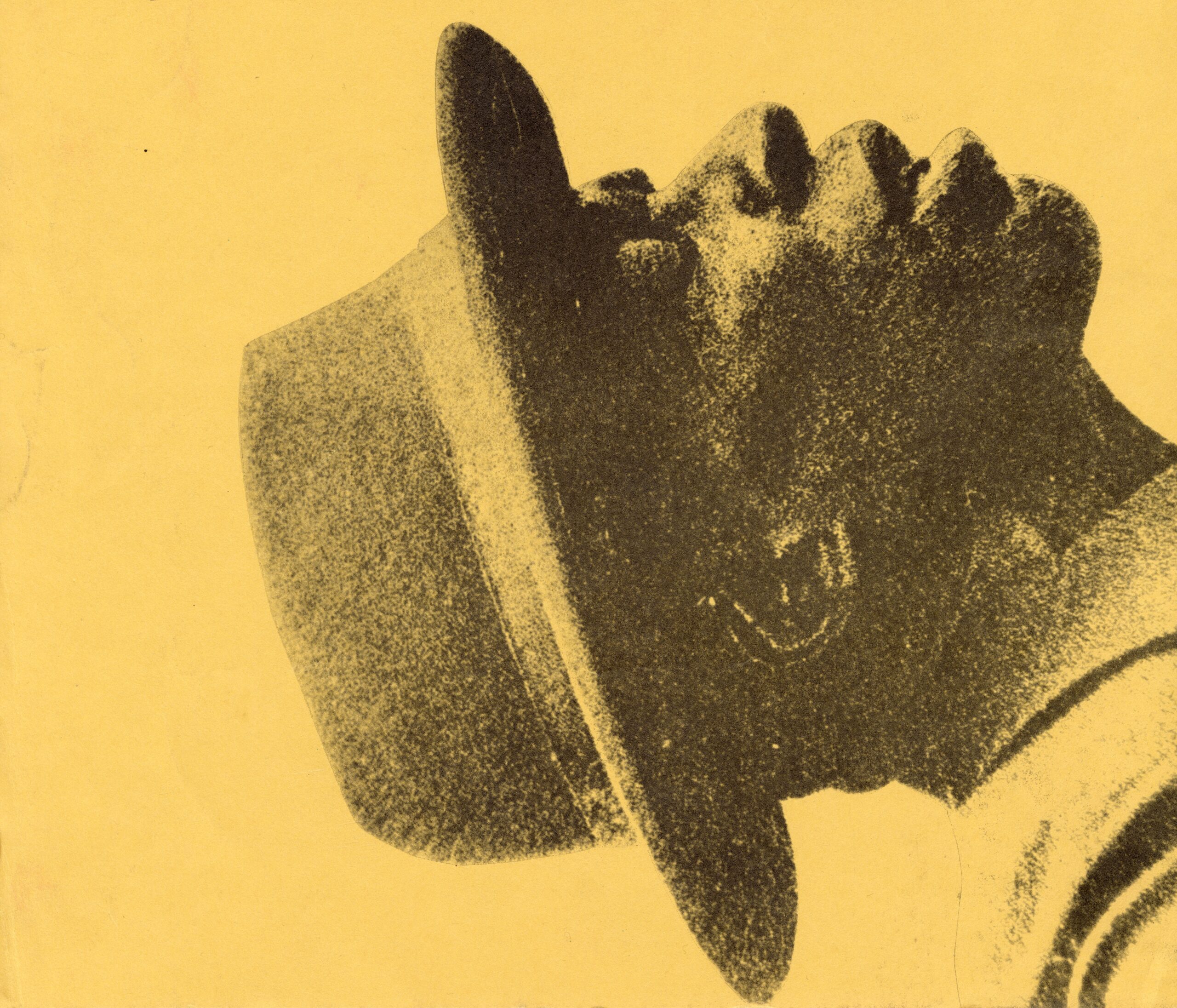
“They Won’t Bite, They’re Just People:” Bringing Blues and Folk to Reed
From the 1950s through the 1980s, a steady stream of talented blues and folk artists came through Reed College. With the folk music revival in the ‘50s and the blues revival in the ‘60s, there was no lack of skilled artists across the country. Reed drew in dozens of artists, from smaller local musician Mike…
-
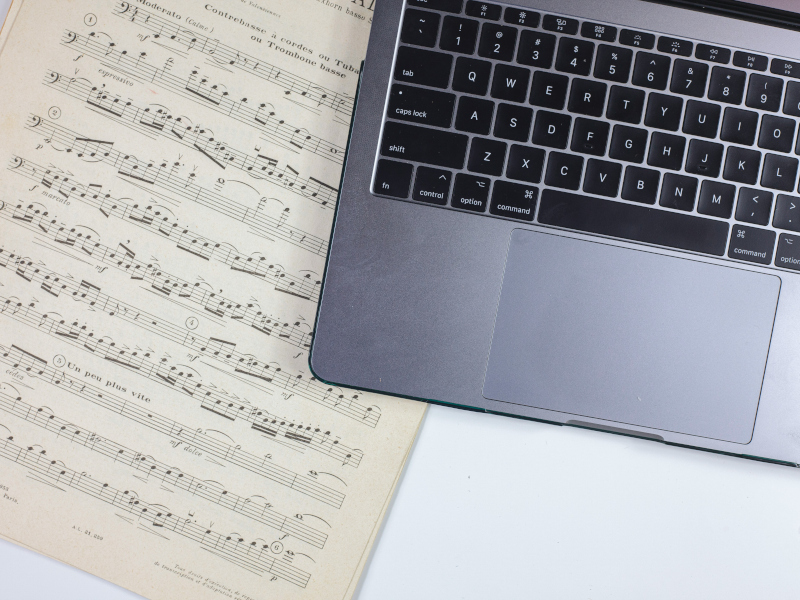
Trials in Music Data and Music History
For anyone interested in the confluence of music, history, and data, we have two trials that may spark new connections and reveal avenues of inquiry: RIPM Jazz Periodicals Closes: December 7 Produced by the Répertoire International de la Presse Musicale (RIPM), RIPM Jazz Periodicals provides users with a contemporary view of jazz history by digitizing…
-

Expanded Interlibrary Loan request options
Need a book or article, but Reed doesn’t have it? We have you covered! Starting August 4th, you’ll see expanded Interlibrary Loan (ILL) request options in the library catalog. Updated Summit and ILL request buttons will look and work the same, so you get to focus on finding the resources you want, instead of which…
-

New digital collections software selected
The library and IT have selected a new platform to host Reed’s digital collections. We will move to TIND, a platform for institutional repository materials, digital archives content, and visual resources assets. Reed Digital Collections (RDC) supports teaching and learning at Reed College by providing access to high-quality free and licensed images, used often in…
-
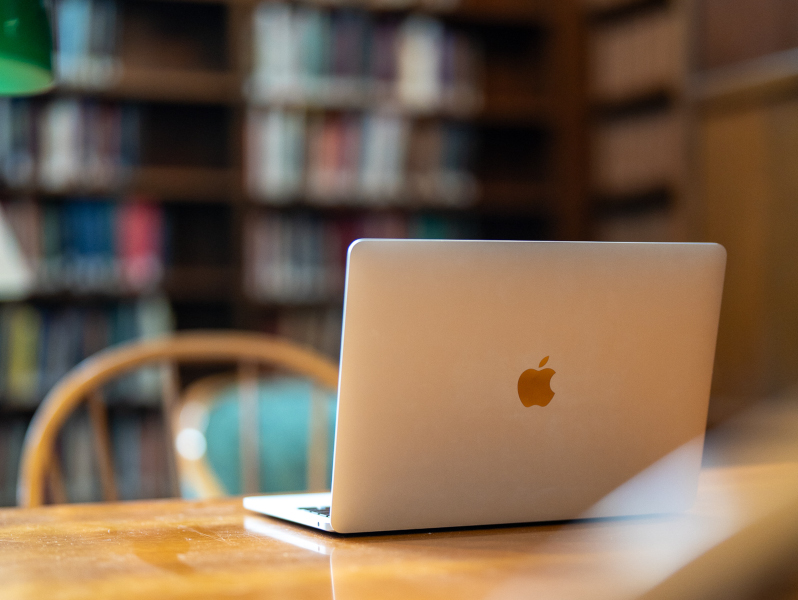
Spring Semester Trials Continue
After our busy February, one trial continues and a new rest-of-the-semester trial begins. The Renaissance World (Taylor & Francis) Closes 3/28/2025This is a sizable e-reference site from Routledge Resources Online. It features specially-commissioned, peer-reviewed content that supports the teaching and learning of this historical time period. Covering the 14th to the 18th century, its key…
-

New Interface for EBSCOhost on January 7
On January 7, 2025, EBSCO will move all users to a new interface for the EBSCOhost platform. The new interface is a significant improvement. It reduces visual clutter, improves accessibility, and adds more controls over search, filters, saving, and sharing. According to EBSCO, it has been expressly designed around student preferences, rather than those of…
-
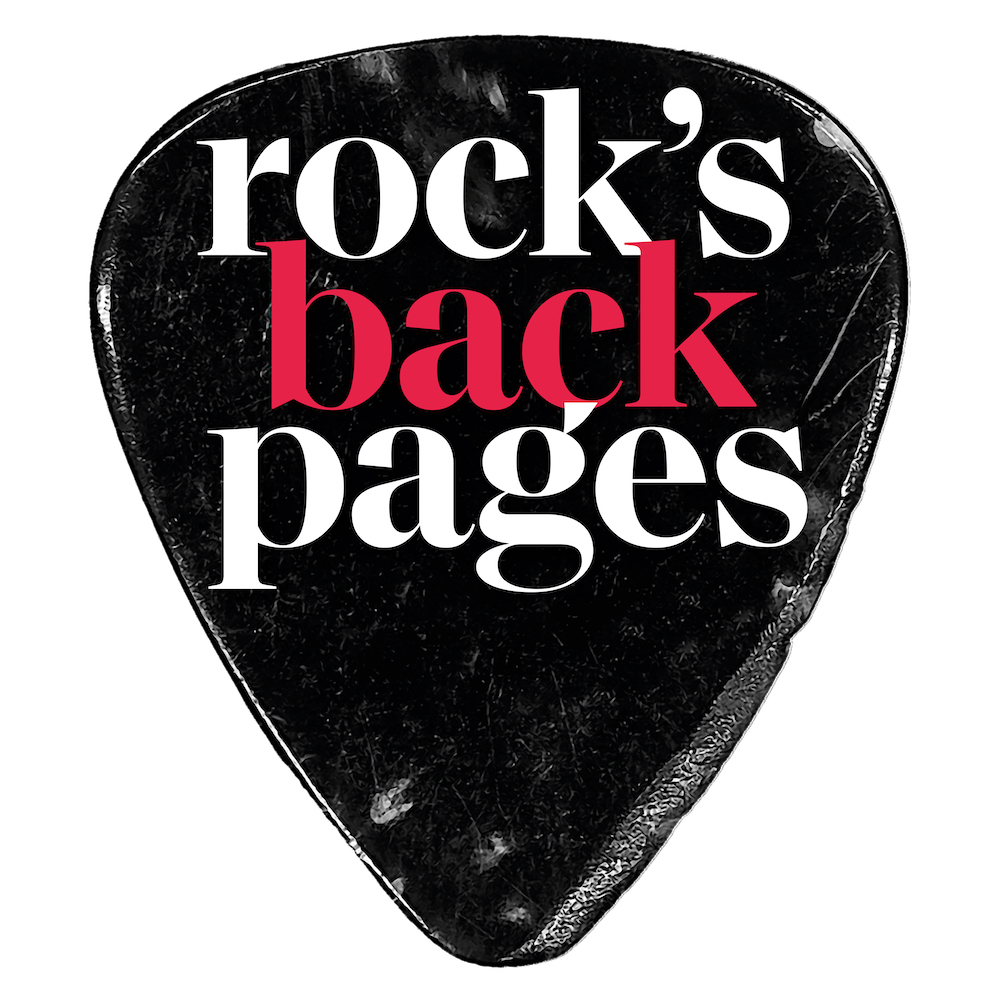
Rock’s Backpages Trial through 11/15/24
As of October 9, we have started a trial of Rock’s Backpages. The trial will end on November 15. Under the tagline “the archive of music journalism,” this resource gathers music publication interviews and reviews from 1960 to the present. Anyone can register to read a selection of over 500 free articles, but during this…
-
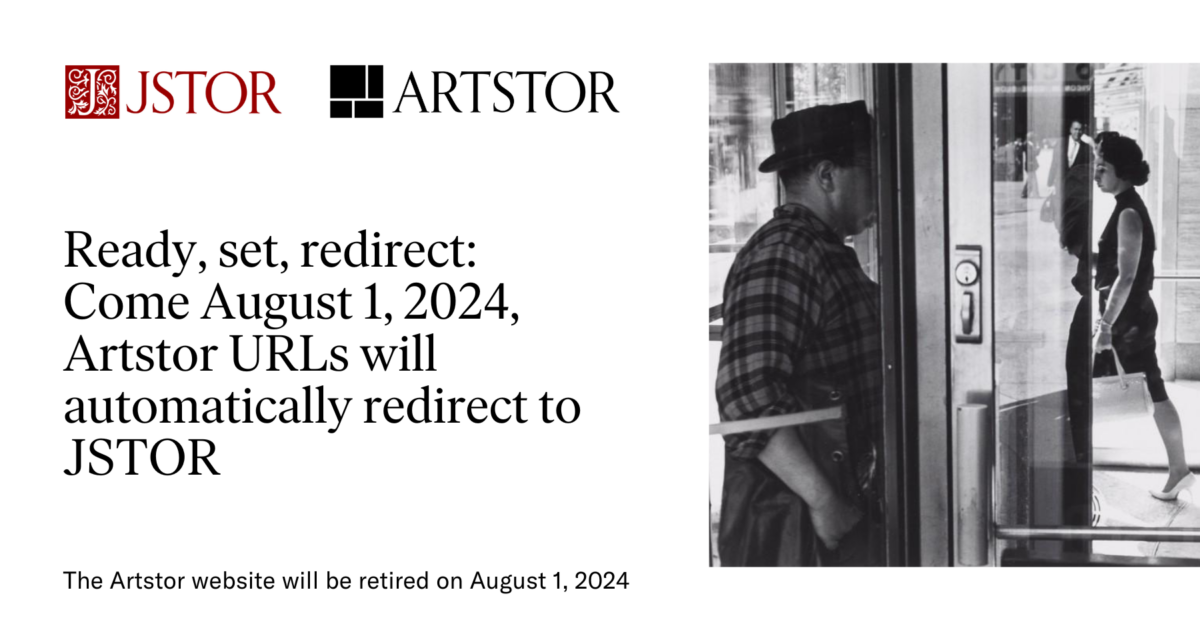
Artstor Has Moved to JSTOR
On August 1 of this year, the legacy Artstor website was retired. All Artstor images are available on JSTOR, and our subscription to that material continues uninterrupted. When you search JSTOR, you will find Artstor’s 2 million licensed images and more than 1,700 additional primary source collections alongside the JSTOR ebooks and journals you already…
-
